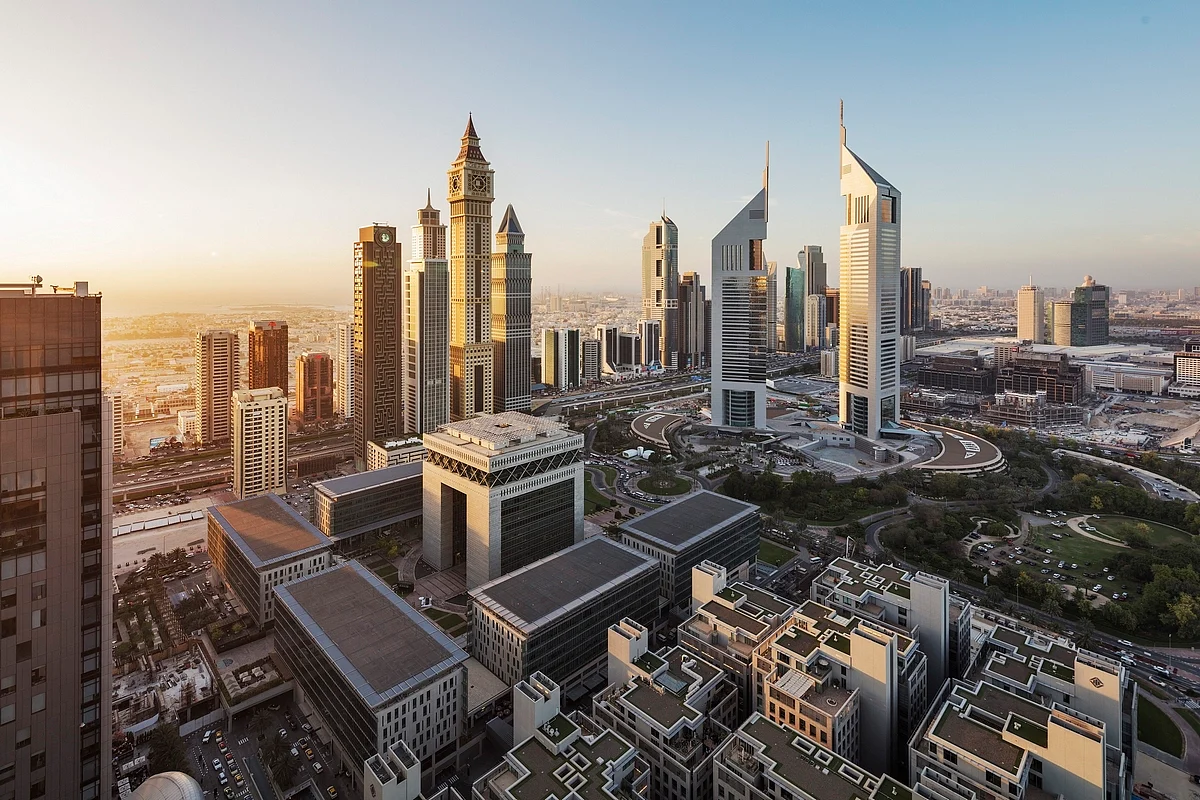
UAE Launches System To Track Pollution And Greenhouse Gas Emissions
The UAE has unveiled the region's first integrated climate monitoring system, designed to track greenhouse gas emissions and air pollutants across the country. Launched at Gitex Global 2025, the platform will provide policymakers with real-time, reliable data to shape evidence-based climate strategies, marking a major step toward the nation's NetZero 2050 ambitions.
Dr Amna bint Abdullah Al Dahak, Minister of Climate Change and Environment, said, "We cannot manage what we cannot measure. The launch of the National MRV system represents a quantum leap in our environmental governance. It is a strategic tool that enables us to accurately measure our emissions, understand our environmental impact, and meet our climate commitments with confidence and responsibility.”
Recommended For YouBeyond emissions tracking, the system streamlines reporting and data collection, cutting the time to prepare national emissions inventories from 15 months to just three - a reduction of more than 80 per cent. The workflow has been simplified from 11 complex steps to just four automated ones.
Stay up to date with the latest news. Follow KT on WhatsApp Channels.
Developed over four years, the system's creation involved benchmarking international best practices, defining methodologies, and running multiple pilot phases.
Dr Alanoud Alhaj Al Ali, Acting Assistant Under-Secretary for Green Development and Climate Change at MoCCAE, explained how the system works and who uses it. She described it as a national“compass” for assessing progress toward NetZero by 2050, developed in collaboration with government entities across all emirates as well as the private sector. During a two-week pilot roadshow in May, around 200 users were trained on the platform.
The system automates previously manual processes, consolidating data collection and unifying emission factors, thresholds, and reporting methodologies across sectors such as energy, industry, transport, infrastructure, buildings, and agriculture. Private sector companies with emissions can register, identify their sector and activities, and receive relevant data fields automatically - replacing a formerly cumbersome workflow involving 64 Excel files, 245 entities, and 11 procedural steps.
Dr Alhaj noted that automation has reduced reporting steps by 64%, cutting the time to produce national or international climate reports from 15 months to three, saving significant manpower and resources. She emphasised that the platform is designed to evolve, with continuous collaboration with stakeholders to ensure the UAE remains a global leader in climate monitoring and digital innovation.
“Decarbonisation and achieving NetZero is not solely a government effort,” she said.“Private sector partners play a central role. Our system empowers them to assess emissions, track progress, and meet decarbonisation targets, while the government provides guidance and support to make the process as seamless as possible.”

Legal Disclaimer:
MENAFN provides the
information “as is” without warranty of any kind. We do not accept
any responsibility or liability for the accuracy, content, images,
videos, licenses, completeness, legality, or reliability of the information
contained in this article. If you have any complaints or copyright
issues related to this article, kindly contact the provider above.


















Comments
No comment